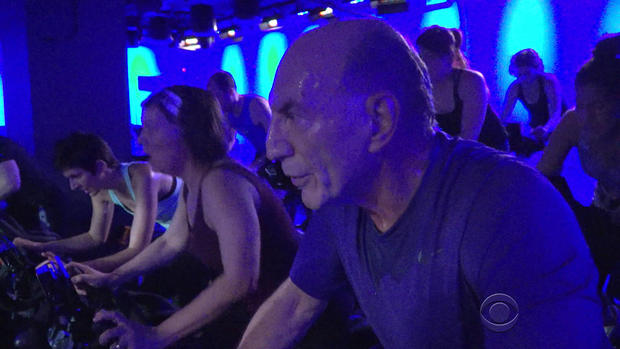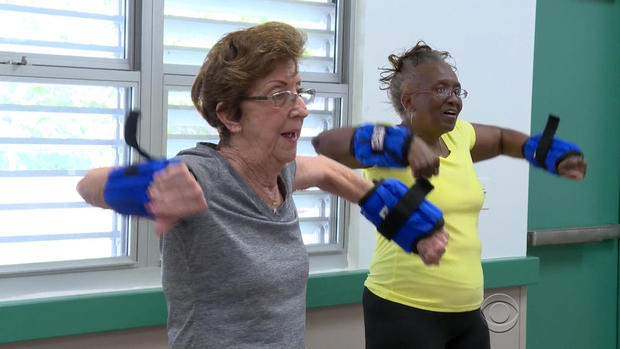Study: Forgetting to exercise may mean memory loss as you age
NEW YORK --Israel Brenner, 73, exercises four times a week. For him, that means peddling in a high-intensity spin class with people half his age.
"I'm in great health," he said.
He's one example of a growing body of evidence making the case that what's good for the heart is good for the brain.
Over five years, a study followed people who averaged 71 years old and began with no memory problems.
Out of 876 participants, 90 percent reported that they either didn't exercise at all or did light workouts -- such as walking or yoga. The other 10 percent engaged in moderate or high-intensity exercise, like running or aerobics.
"We found that people who exercise moderately or heavily had a reduced risk of memory loss and what we call executive function, equivalent to about 10 years of aging," said Dr. Mitchell Elkind, one of the researchers.
One way exercise may protect the mind is by preventing high blood pressure and diabetes, conditions that can damage blood vessels in the brain. Brenner, for one, said he thought the exercise helped with his cognitive function.
"I think if I wasn't exercising, I wouldn't have that same response in terms of new learning. I think exercise as one component of staying mentally fit is fabulous."
As Americans live longer, preventing dementia has become a national priority. So for those looking to stay sharp, following an active exercise program might make all the difference.


